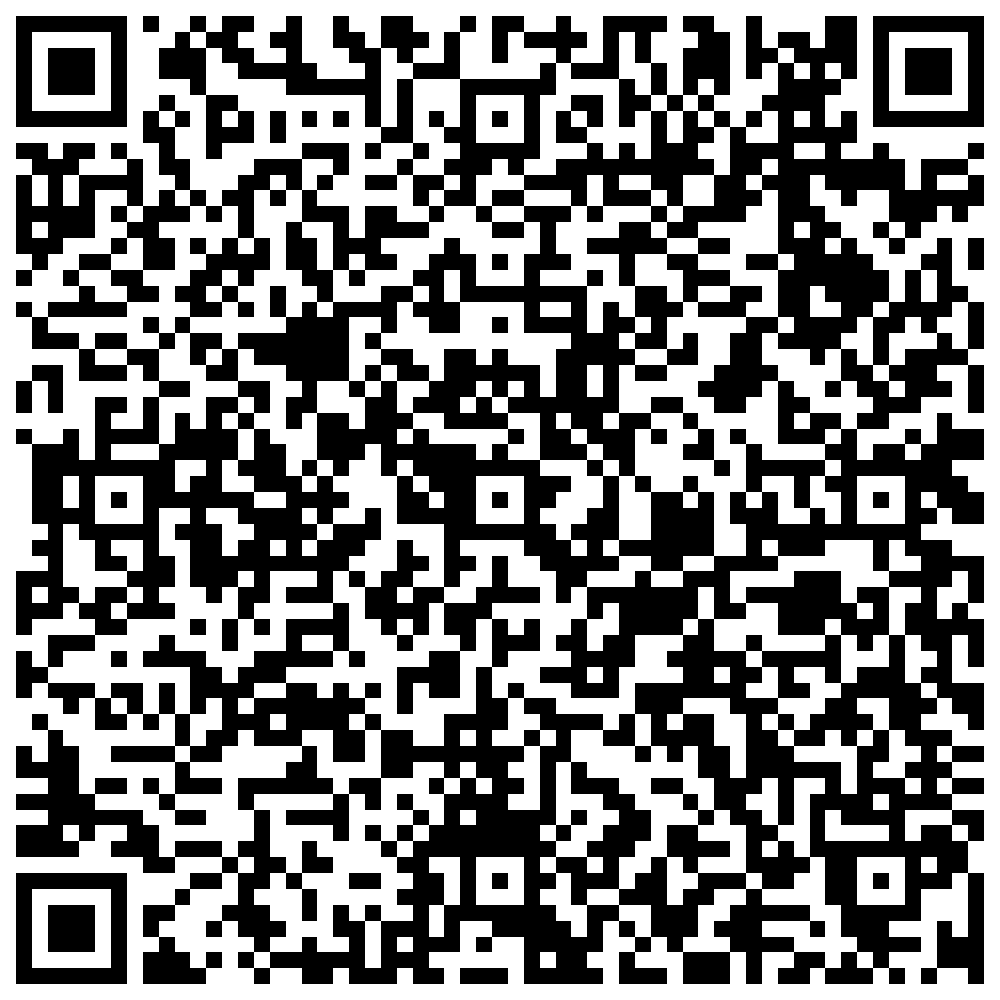Arabic language and globalization: duties to solutions; This article was published but is withdrawn on request of the author, therefore PDF has been removed.
DOI:
https://doi.org/10.25255/jss.2021.10.2.163.178Anahtar Kelimeler:
Globalisation- Arabic Language- Challenges globalization- Manifestations of globalizationÖzet
The research aims to identify the challenges facing the Arab countries in establishing their language in the information society and the era of globalization, and to show their impact on national unity, the duties of the Arab towards the language of his tongue and the language of his religion, and the future of the Arabic language in light of globalization in terms of the impact of globalization and its manifestations and the linguistic phenomena that it causes in the language, And some ways that would elevate the Arabic language locally and internationally, and some solutions and treatment methods to confront globalization, based on the descriptive and analytical approach.
The research aims to identify the challenges that face the Arab countries in establishing their language in the information society and the era of globalization.
İndirmeler
Referanslar
Abdel Mawla, Mahmoud. (1982). Introductions and Research. I 1. Arab Book House, Tunisia.
Abdel Tawab, Ramadan. (1995). Research and articles on language. I 3. Al-Khanji, Cairo.
Abdul-Rahman, Aisha. (1971). Our language and life. Knowledge House in Egypt.
Abu Al-Ela, Muhammad Hussein. (2004). The Dictatorship of Globalization: An Analytical Reading in the Thought of the Intellectual. Madbouly Library. Cairo.
Abu al-Khair, Ahmed Mustafa. The Arabic language in international law and international international relations. Nancy Library. Damietta.
Al Mubarak, Mazen. (1985). Towards linguistic awareness. I 2. Mission Foundation.
Al-Assad, Nasir al-Din. (2006). "The Arabic Language and Issues of the Time". Al-Hashemite Magazine. The first issue.
Al-Barazi, Majd. (2007). Problems of the contemporary Arabic language. I 1. Modern Message Library.
Al-Dhabeeb, Ahmed bin Mohammed. (2001). The Arabic language in the era of globalization. I 1. Obeikan Library. Riyadh.
Al-Faisal, Samir Rouhi. (1992). The Arab linguistic problem. I 1. Gross Press, Tripoli, Lebanon.
Al-Hajj, Walid Ibrahim. (2007). The Arabic language and modern means of communication. I 1. Home of the beginning. Amman.
Al-Khatib, Hussam. (1995). The Arabic language is modern illuminations. Egyptian General Book Authority.
Al-Khouli, Muhammad Ali. (1988). Life with two languages is bilingual. I 1. Al Farazdaq Commercial Printing Press. Riyadh.
Al-Mousa, Nihad. (1987). The issue of conversion to fusha in the modern Arab world. I 1. Thought House. Amman.
Al-Rawashda, Alaa Zuhair. (2007). Globalization and Society. Dar Al-Hamid. Amman.
Deanship of Scientific Research at the Petra Private University. The Arabic language and the challenges of the age, the proceedings of the seminars on linguistic identity and globalization, and the Arabic language and national identity. City Company for printing presses. Tlaa Al-Ali.
Fariha, Anees. (1966). In the Arabic language and some of its problems. I 1. An-Nahar Publishing House.
Fendris. (1950). The language. Arabization: Abdul Hamid Al-Dawakhly and Muhammad Al-Qassas. Cairo.
Filali, Layla. (2018). "The implications of media and communication globalization on the Arabic language and ways to confront it." Benchmark Magazine. Issue 44. Faculty of Fundamentals of Religion at Prince Abdelkader University, Algeria.
Fleisch, Henry. (1983). Classical Arabic: a study in linguistic construction. Arabization, investigation and presentation by Abdel-Sabour Shaheen. Orient House. Beirut.
Hammadi, Muhammad Dhari. (1978). The linguistic correction movement in the modern era. Al Rasheed Publishing House.
Hassan, Muhammad Kamel. (1976). Contemporary Arabic. Knowledge House in Egypt.
Ibn Salama, al-Bashir. (1971). Arabic language and writing problems. Tunisian Publishing House.
Ibn Uriba, Radhia. (2016). Globalization and its impact on the Arabic language. The Academy of Social and Human Studies. Department of Social Sciences. Issue 16.
Khalifa, Abdul Karim. (1987). The Arabic language and Arabization in the modern era. The Jordanian Arabic Language Academy. Amman.
Lahimel, Badis. The Arabic language in the era of globalization and secularism, reality and challenges. Seminar informant, Faculty of Letters and Languages, Biskra
Ministry of Culture (2004). The Arabic Language: Issues and Dialogues of the Arab Renaissance (28), Section Two. Edited and presented by Muhammad Al-Khatib. Damascus.
Ministry of Culture and Arts. (1987). Towards a healthy Arab. Freedom House for Printing, Iraq.
Muhammad, Jubeir. (2015). The Arabic Language and the Challenges of Globalization. The Academy of Social and Human Studies. Issue 13.
Mujahid, Abdul Karim. (2016). Research in language and grammar. I 1. Ihab House.
Nabhan, Abdul Ilah. (1995). Research in language, grammar and rhetoric. I 1. Al Yamamah Press. Chickpeas.
Naher, Hadi. (2005). Philology and its origins. I 2. House of Hope. Irbid.
Nour El-Din, Essam. (1995). Articles and discussions in the language. C 1. I 1. Arab Friendship House. Beirut.
Shaheen, Abdul-Sabour. (1983). Classical Arabic towards a new linguistic building. Orient House. Beirut.
Syed Mahmoud. (1900). In pedagogical language issues. Publications Agency. Kuwait.
Tahan, Raymond. Miller, Denier Bitar. (1984). The Arabic language and the challenges of the times. I 2. The Lebanese Book House and the school library.










 a Creative Commons Attribution 4.0 International License.
a Creative Commons Attribution 4.0 International License.

